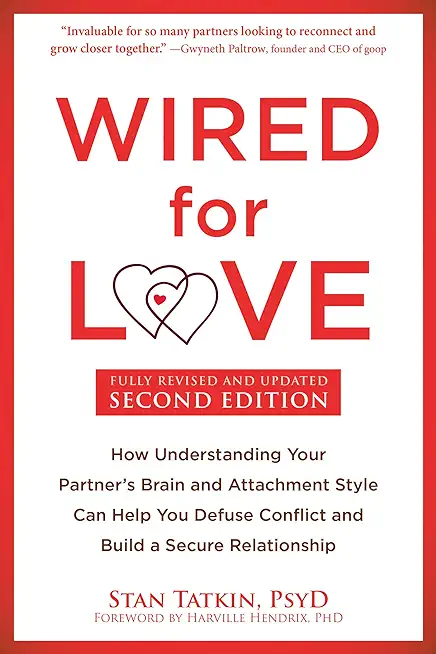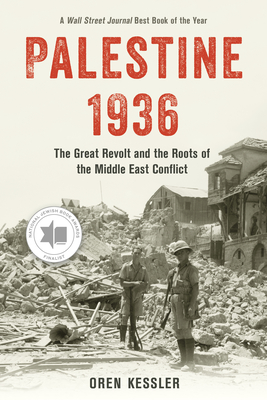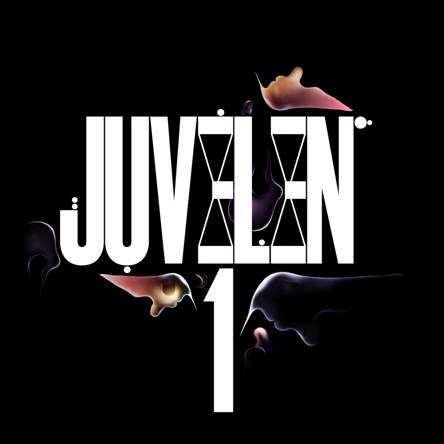
Lederach, John
product information
description
3A guide to conflict resolution, or as the author prefers, "conflict transformation" that emphasizes the importance of building relationships and social structures through a radical respect for human rights and life. This clearly articulated statement offers a hopeful and workable approach to conflict--that eternally beleaguering human situation. John Paul Lederach is internationally recognized for his breakthrough thinking and action related to conflict on all levels--person-to-person, factions within communities, warring nations. He explores why "conflict transformation" is more appropriate than "conflict resolution" or "management." But he refuses to be drawn into impractical idealism. Topics include:
Firmly rooted in faith and Mennonite teachings, and related to the popular concept of restorative justice, conflict transformation is an idea with a deep reach. Its practice, says Lederach, requires "both solutions and social change." It asks not simply "How do we end something not desired?" but "How do we end something destructive and build something desired?" How do we deal with the immediate crisis, as well as the long-term situation? What disciplines make such thinking and practices possible? This title is part of The Little Books of Justice and Peacebuilding series.
- Defining Conflict Transformation
- Conflict and Change
- Connecting Resolution and Transformation
- Creating a Map of Conflict
- Developing Our Capacities
- And much more!
Firmly rooted in faith and Mennonite teachings, and related to the popular concept of restorative justice, conflict transformation is an idea with a deep reach. Its practice, says Lederach, requires "both solutions and social change." It asks not simply "How do we end something not desired?" but "How do we end something destructive and build something desired?" How do we deal with the immediate crisis, as well as the long-term situation? What disciplines make such thinking and practices possible? This title is part of The Little Books of Justice and Peacebuilding series.
member goods
No member items were found under this heading.
listens & views

DVORAK: SYM NO 2
by DVORAK / ROZHDESTVENSKY / USSR TV AND RADIO SYM ORCH
COMPACT DISCout of stock
$8.49
Return Policy
All sales are final
Shipping
No special shipping considerations available.
Shipping fees determined at checkout.






